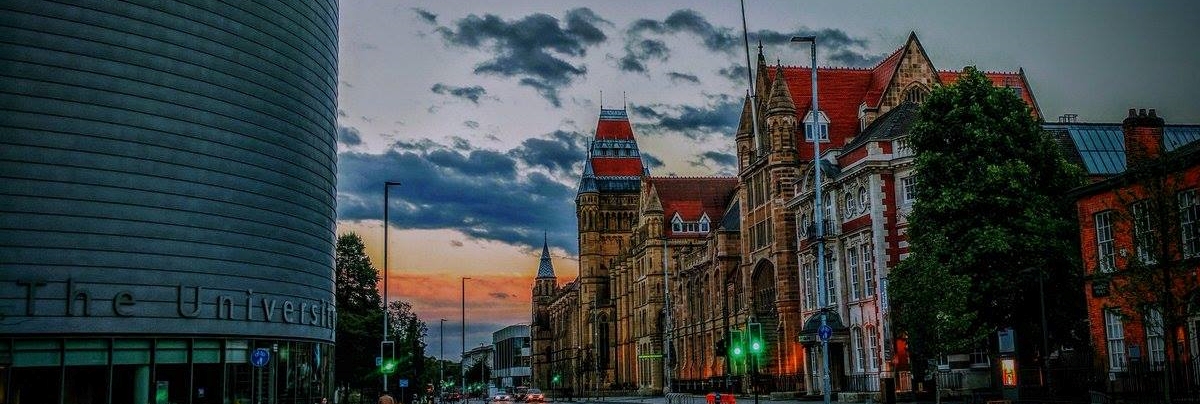
Structural Injustice, Responsibility, and the Passage of Time
Joseph Conrad (University of Edinburgh), Éliot Litalien (CRÉ/Université de Montréal), Rebecca Richards (University of Edinburgh), Jules Salomone-Sehr (CRÉ/McGill University), Hanna Schübel (Université de Fribourg), Lukas Sparenborg (Goethe-Universität Frankfurt am Main)
Arthur Lewis Building 4.050 (hybrid)
Structural injustices describe large-scale injustices whose roots have less to do with individual malice than with unfair social structures. Put on the philosophical agenda by Iris Marion Young, this notion is meant to capture the fact that sweeping harms (e.g., homelessness, exploitative labor practices, etc.) often do not result from the vicious attitudes of particular individuals but, rather, from the ordinary activities of decent people whose behaviors and decision-making are constrained by a network of institutional structures. Since Young’s work, this notion has been widely used in political philosophy and has generated an important literature. Yet, many central questions about the nature of structural injustices and how they are tied to the conduct of agents (whether individual or collective) remain unanswered.
One cluster of such central questions bear on our responsibility for bringing about structural injustices, as well as our responsibility for repairing or ending them. In particular, it seems crucial to investigate the sort of responsibility that we should attribute and to which agents, and the factors that should inform our attributions of responsibility. Structural injustices trace back, by and large, to unfair social structures rather than to the discreet actions of specific agents. We thus need to examine what it is that we can hold agents responsible for. We might think, for instance, that we should hold agents responsible for their past contributions to structures of injustice (backward-looking responsibility). Or, we might rather think that what present agents are responsible for is to put an end to structural injustices and stop them recurring in the future (forward-looking responsibility). In other words, we need to determine what model(s) of responsibility best elucidate(s) the moral intricacies of structural injustices.
Moreover, while structural injustices affect the lives of people today, understanding and overcoming such injustices requires us to look beyond the confines of the present. To adequately theorise structural injustices and assign responsibility for ameliorating them, we need to look at the agents contemporarily involved and assess the moral quality of their actions. At the same time, we need to question how socio-structural processes arose historically, and how historical agents, such as colonial states, caused historical injustices and perpetuated them. Additionally, we need to explicate how current and future social groups might be affected by these unjust structures. This, then, can serve as a basis to theorise specific future-oriented responsibilities and necessary overhauls to the global system to overcome structural injustices.
In this workshop, we invite contributions that investigate structural injustice(s) and their connection with political and moral responsibility. While we welcome any contributions that explore the question of responsibility for structural injustice, we are particularly interested in papers that focus on how the passage of time alters structural injustices and justice claims. We invite contributions that, for example, explore the role of history in understanding present structural injustices, or that explore issues of justice that arise in the future as a result of present structural processes. Moreover, we are interested in contributions that answer questions about both individual and collective responsibility in the face of structural injustices perpetuated over time.
|
|
|
|
11:00-12:30 |
Registration |
|
12:30-13:30 |
Lunch |
|
13:30-14:00 |
Welcome Speech |
|
14:00-16:00 |
Session 1 Johann Go (Oxford): Disaggregating Structural Injustice Eliana Peck (CUNY): Rethinking Complicity in Structural Injustice [Online] |
|
16:00-16:30 |
Tea and Coffee Break (optional) |
|
16:30-17:30 |
Session 1 (continued) Alexander Motchoulski (University of Virginia): A Liberal Theory of Structural Injustice [Online] |
|
17:45-19:00 |
Wine Reception |
|
19:30 |
Conference Dinner |
|
|
|
|
9:30-11:30 |
Session 2 Stephanie Collins (Monash): Blaming States for Historical Injustices [Online] Hannah McHugh (University College London): Rescuing the Role of Blame in Political Responsibility |
|
11:30-12:00 |
Tea and Coffee Break (optional) |
|
12:00-13:00 |
Session 2 (continued) Hanna Schuebel (Université de Fribourg): The Emission Connection Model: Defining Individual Responsibility to Remove Carbon |
|
13:00-14:00 |
Lunch |
|
14:00-16:00 |
Session 3 Wenwen Li (Western University): Shared Responsibility for Oppression [Online] Ting-An Lin (Stanford): Reparations for Structural Injustice [Online] |
|
16:00-16:30 |
Tea and Coffee Break (optional) |
|
16:30-17:30 |
Session 3 (continued) Mara Marin (University of Victoria): Transformative Action as Socially Structured [Online] |
|
|
|
|
9:30-11:30 |
Session 4 Amélie Bescont (Université de Tours): On the (Criminal) Responsibility of Victims of Domestic Violence [Online] Lieke Asma (Munich School of Philosophy): Structural Injustice, Individual Actions, and Forward-Looking Moral Responsibility |
|
11:30-12:00 |
Tea and Coffee Break (optional) |
|
12:00-13:00 |
Session 4 (continued) Kyuree Kim (McGill University): Contribution, Power, and Backward-Looking Responsibility in Structural Injustice |
|
13:00 |
End of Workshop |
|
17:30 |
End of Conference |
